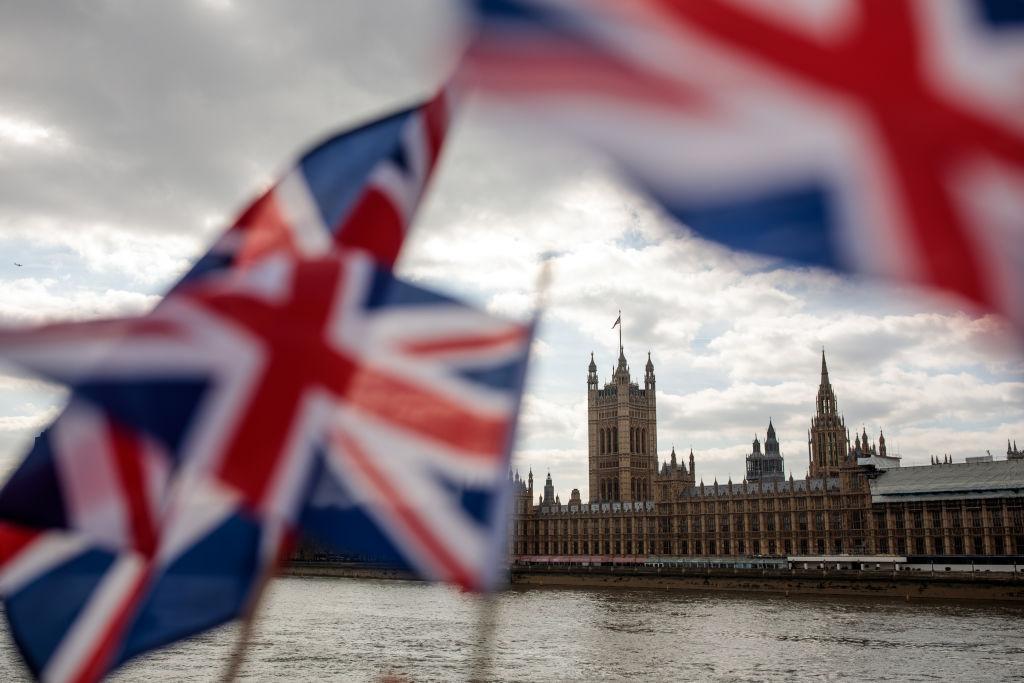British lawmakers are concerned about the growing influence of Chinese Communist officials and organizations on United Kingdom university campuses, putting academic freedom at risk.
“We heard alarming evidence,” according to a report from the House of Commons’ Foreign Affairs Committee published on Nov. 5.





